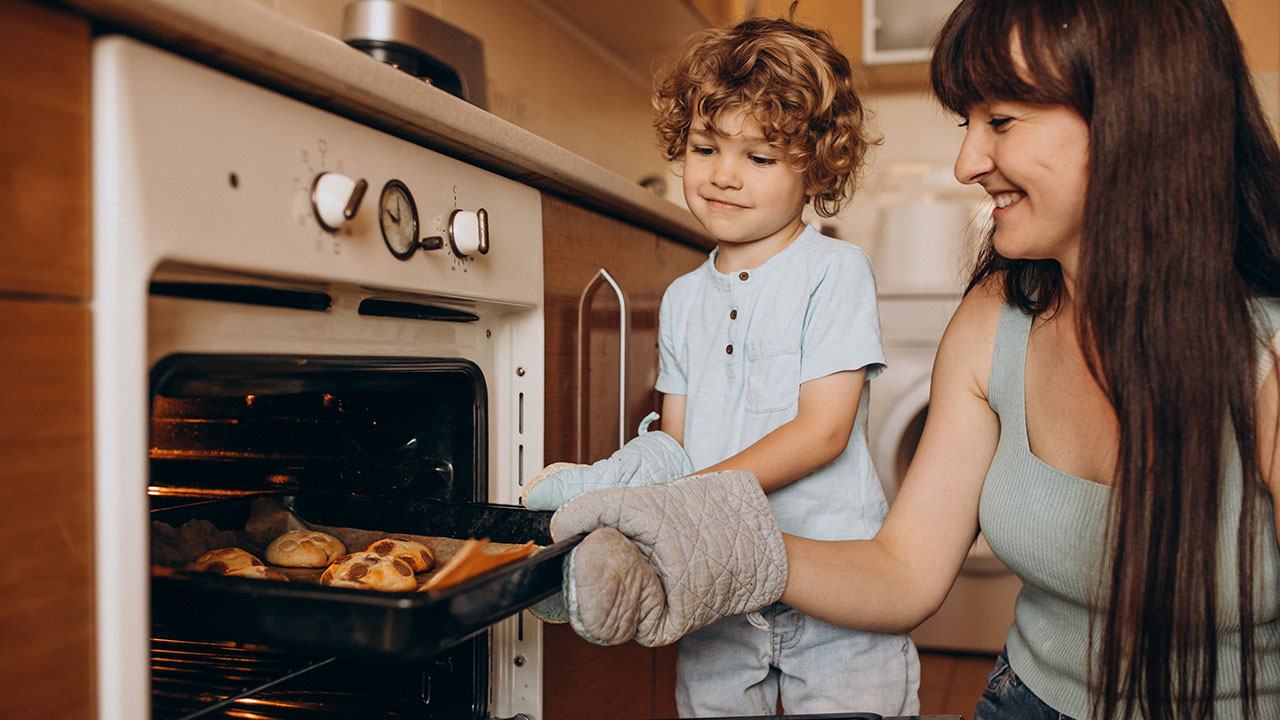Unfortunately, divorce in the US has become a regular part of life
It is estimated that 40 percent to 50 percent of marriages end in divorce in the US; however, just because it is a frequent occurrence does not mean it is not stressful for children. If parents have children and they file for divorce, it can be very frustrating to the children, even if everything is kept civil and only in the courtroom.
Parents should keep their children informed on what is happening.
If the children are under 12, the parents should tell them in a light-hearted tone, but also the truth. If the kids are over 13, then they should tell them in a serious talk. The talks should be well conducted by each parent and well thought out. Though, no matter what the parents tell their children, they will act differently based on their personality and age. The parents should act accordingly to the reactions of their children. The parents should keep their eyes on the children’s emotions from time to time.
Also, parents should let the children know that it isn’t their fault. It shouldn’t be right when the conversation begins, but a little way into it. The children shouldn’t be in the middle of the divorce, the parents continually fighting for the child or children. It will put unneeded stress on them and the parents as well. Parents also need to get into a routine for caring for the children after the divorce. The three most common routines are co-parenting, parallel parenting, and nesting, which is also called birdnesting.
Co-parenting is just sharing the duties of caring for the child or children. It also coincides with parallel parenting. Parallel parenting is when the parents disengage from each other and share the duties of caring for the children on their own, in their own homes. This routine is the most common form of co-parenting. Nesting is where the children are kept in a childhood home. The parents rotate on who lives with them, each week, or each month, depending on the settlement.
After a Divorce, one parent should not be doing all the parenting unless a court has ordered it. No matter what the parents choose, they should also make standard rules that each parent will follow when the children are with each of them, and stick to them.
There will always be different ways to do things in different households, such as eating times, getting ready for school, or even bedtime.
Should there be a problem with the other’s parenting style or even slight concerns with the situation or children, the parents should voice them in a civilized manner as best they can. They shouldn’t have the children in on the conversations unless necessary.
What happens if one or both parents need help with stress?
Parents should look for support groups, therapy groups, or one-on-one therapy during difficult times. You don’t have to do life alone! To keep the parents head above water is the best thing for the children during the divorce. If the child or children need it, they can get help too. It isn’t only the parents who will need help. They can also go to therapy for the time and tell the therapist how they’re feeling.



